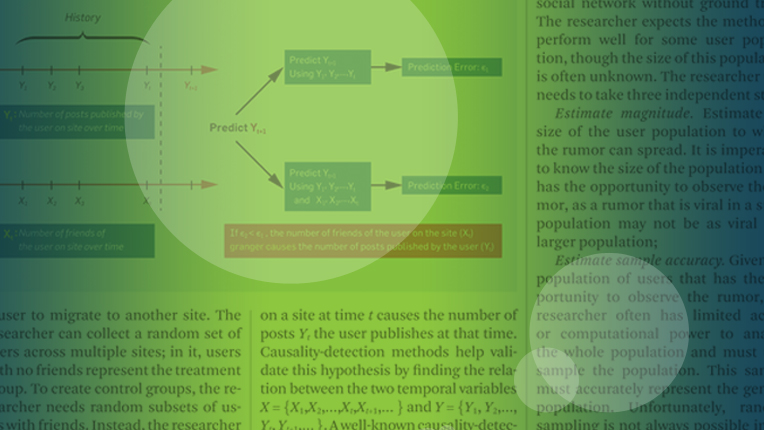Chapter Publications
The ACM Publications Board is responsible for the overall ACM Publications Program. It sets the policies governing all ACM publications.
ACM publishes the following genres: journals, transactions, magazines, newsletters, proceedings and oral histories. Journals, transactions, and magazines are published under the direct oversight of the Publications Board. All proposals for new publications in these three genres are reviewed by the Publications Board. The process of initiating publications like these, broadly referred to as "ACM journals", is described here: http://www.acm.org/publications/newjournals
The Publications Board has delegated oversight responsibility to the ACM SIGs for publication of SIG-sponsored proceedings and SIG newsletters. The SIGs make their own policies within the overarching framework set by the Publications Board.
Similarly, the ACM History Committee oversees the Oral Histories published in the ACM Digital Library.
Chapters may publish newsletters. Titles of newsletter should not include terms that are used to identify other genres. Titles (or subtitles) of a chapter newsletter are typically of the form "Newsletter of the {ACM Chapter Name}." In addition to "Newsletter" itself, terms like "Bulletin," "Forum," "News," "Notes," "Notices," "Pointers," and "Exchanges" can be used.
ACM has created a new standard Chapter logo. This is the logo that should be used on your newsletter cover and on your chapter website.
If a chapter sponsors or co-sponsors a conference or workshop, it may apply to the ACM International Conference Proceedings Series (ICPS) if it wishes to publish the proceedings of that event in the ACM Digital Library. See: http://www.acm.org/publications/icps-series
If you have any questions about starting up a publication for your newsletter, please contact Sunita Jaswal, [email protected].
ACM Case Studies
Written by leading domain experts for software engineers, ACM Case Studies provide an in-depth look at how software teams overcome specific challenges by implementing new technologies, adopting new practices, or a combination of both. Often through first-hand accounts, these pieces explore what the challenges were, the tools and techniques that were used to combat them, and the solution that was achieved.

Publish with ACM
ACM's prestigious conferences and journals seek top-quality papers in all areas of computing and IT. It is now easier than ever to find the most appropriate venue for your research and publish with ACM.

